- Gold Coast Region
- admin@betterlifecommunityservice.com.au
- 1300 024 383
We help and support you to live the life you choose by offering choice, control and independence
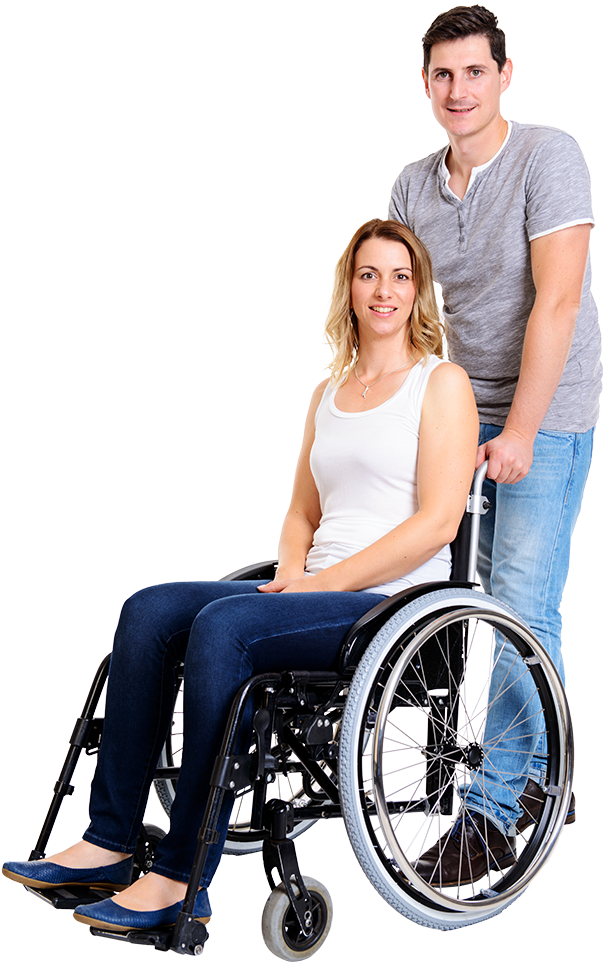
We work with our clients to develop individualised support plans that address their unique needs and goals
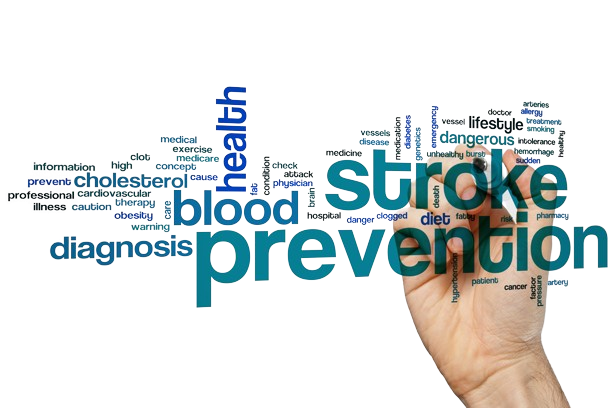
Assisting with walking and transferring from bed to wheelchair
Bathing, dressing and grooming assistance
Errands, grocery shopping, prescription pick-up, housekeeping
Medication reminders
Toileting and continence care
Safety and fall prevention
Meal preparation and nutrition support
Companionship and activities
Emotional support for individuals and families
Status reporting to famil
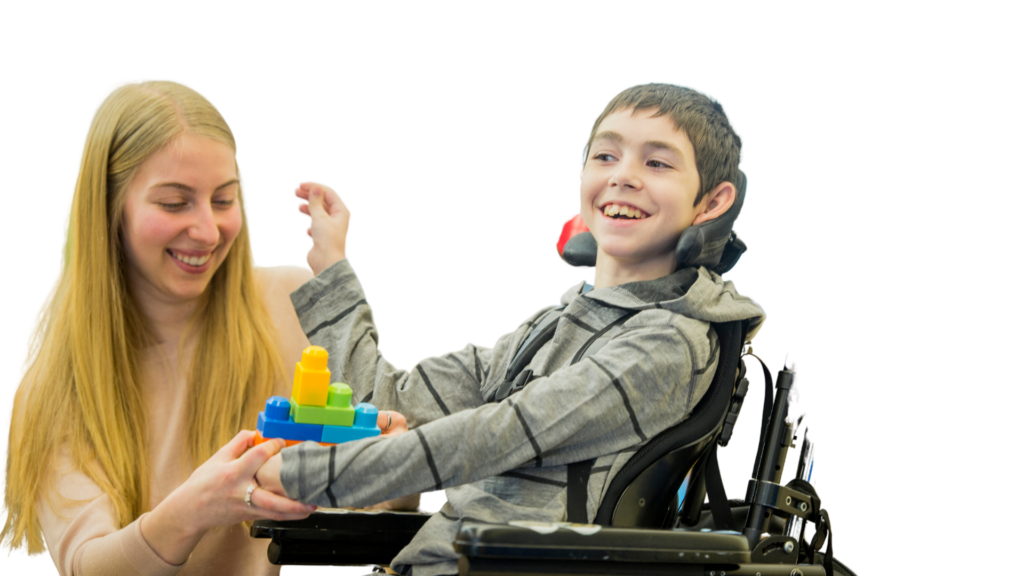
experience, capacity for 24/7 support, strong community spirit and friendly team
There are may different causes of physical disabilities but they can include inherited or genetic disorders, serious illnesses, and injury.
Acquired brain injuries are due to damage that happens to the brain after birth. They can be caused through a wide range of factors including a blow to the head, stroke, alcohol or drugs, infection, disease such as AIDs or cancer, or a lack of oxygen.
It is common for many people with a brain injury to have trouble processing information, planning, and solving problems. They may also experience changes to their behaviour and personality, physical and sensory abilities, or thinking and learning.
The effects of brain injuries and the disabilities they cause can be temporary or permanent.
The spinal cord can become injured if too much pressure is applied and/or if the blood and oxygen supply to the spinal cord is cut. When the spinal cord has been damaged, it leads to a loss of function such as mobility or feeling.
For some people, a spinal cord injury results in paraplegia (loss of function below the chest), for others it leads to quadriplegia (loss of function below the neck).
Accidents account for 79% of spinal cord injuries in Australia – mostly caused by motor vehicle accidents and falls. Other causes include cancer, arthritis, infections, blood clots, and degenerative spinal conditions.
As well as affecting the ability to move through paralysis, it may affect many areas of a person’s body – such as the cardiovascular and respiratory systems, bladder and bowel function, temperature, and sensory abilities.
Cerebral palsy is typically due to an injury to the developing brain before or during birth, caused by a reduced blood supply and lack of oxygen to the brain.
Illnesses during pregnancy such as rubella (the German measles), accidental injury to the brain, meningitis in young children, and premature birth can all be causes.
In Australia, over 90% of cerebral palsy was due to a brain injury while the mother was pregnant, or before one month of age, however, 10% of people develop the disability later in life, usually as a result of infections such as meningitis or encephalitis, stroke, or a severe head injury (Cerebral Palsy Alliance).
People with Cerebral palsy may experience weakness, difficulty walking, lack of muscle control, problems with coordination, involuntary movements, and other symptoms.
Epilepsy is a neurological condition where a person has a tendency to have recurring seizures due to a sudden burst of electrical activity in the brain. Seizures can cause unusual movements, odd feelings or sensations, a change in a person’s behaviour, or cause them to lose consciousness.
The causes of epilepsy are not always known, however, brain injuries, strokes, cancer, brain infection, structural abnormalities of the brain, and other genetic factors can all cause epilepsy.
There are many different types of epilepsy and the nature and severity of seizures experienced by people can vary widely. Some people can control their seizures with medication and the condition is not lifelong for every person.
MS occurs when the myelin sheath – protective tissue around nerve fibres in the body – becomes damaged, causing random patches or scars. The scars can interfere with messages sent through the central nervous system, affecting the brain, optic nerves, and spinal cord.
The symptoms of MS are very varied but can include fatigue, loss of motor control, tingling, numbness, visual disturbances, memory loss, depression, and cognitive difficulties.
The progress and severity of MS can be difficult to predict – it may progress very slowly for one person, but develop quickly in another.
Muscular dystrophy is a group of genetic disorders that lead to progressive and irreversible weakness and loss of muscle mass. There are more than 30 different types of muscular dystrophy, and each has a separate cause.
Signs and symptoms can be very varied however can include difficulty walking, trouble breathing or swallowing, restriction in joint motion, and heart and other organ problems.
Symptoms of the most common type of the disease appear in childhood, however, others do not become apparent until middle age or older.
Tourette syndrome is a neurological disorder which involves involuntary and repetitive vocalisations, sounds, and movements called tics. These tics are neurological not behavioural – which means a person with Tourette syndrome cannot control them.
Vocal tics can include sniffing, throat clearing, tongue clicking, grunting, or more rarely blurting out socially unacceptable words or phrases. Motor tics can include eye blinking, shrugging, nose twitching, head jerking, facial expressions, touching objects or people, spinning around, imitating someone else’s actions, or jumping up and down.
Tourette syndrome is typically diagnosed between the ages of 2 and 21. It is not known exactly what causes Tourette syndrome, but it is likely a combination of genetic, environmental, and neurochemical (chemicals of the brain) factors.
Mental health is all about our emotional, psychological and social well-being. Not only does it affect the way we think, feel and act when we face life, but also helps determine how we handle stress, relate to others, and make decisions. Our team is trained to provide exceptional support for
A mental health disorder characterised by persistently depressed mood or loss of interest in activities, causing significant impairment in daily life.
A mental health disorder characterised by feelings of worry, anxiety or fear that are strong enough to interfere with one’s daily activities.
A disorder characterized by failure to recover after experiencing or witnessing a terrifying event.
A disorder associated with episodes of mood swings ranging from depressive lows to manic highs.
Eating disorder is a mental health condition that involves an unhealthy relationship with food
A disorder that affects a person’s ability to think, feel and behave clearly.
ADHD is a neurodevelopmental disorder that causes hyperactivity, impulsive behavior, and attention problems.
Disruptive behavior disorders (DBD) can seriously impact a child’s daily life. Children with disruptive behavior disorders show ongoing patterns of uncooperative and defiant behavior.
We support you with everyday tasks, communication, mobility and health & wellbeing. We provide support for people with disabilities to help them achieve their goals, live their lives to the best of their ability and make informed decisions about their future.

We offer assistance to our NDIS Participants for their daily personal activities including bathing, dressing, hygiene, etc.

We assist our NDIS participants in their day to day tasks. This includes meal preparation, washing, cleaning and more

Community nursing care is designed for individuals with high care needs requiring a skilled or well-trained support worker.

Helps you get socialise, make new friends through various recreational activities.

We focus on strengthening our participant's ability to coordinate their supports, and to assist them to live at home and participate in their community.

With travel and transportation support, individuals are able to travel to the places where they can’t with other means of transport.

We creat positive individualized strategies for people with a disability that are engaging in challenging behaviours.
Supporting the participants to find affordable and appropriate accommodation.
Assisting the participant to participate in group activities.
Development life skills support focuses on developing or improving the abilities that can help you live your life independently.
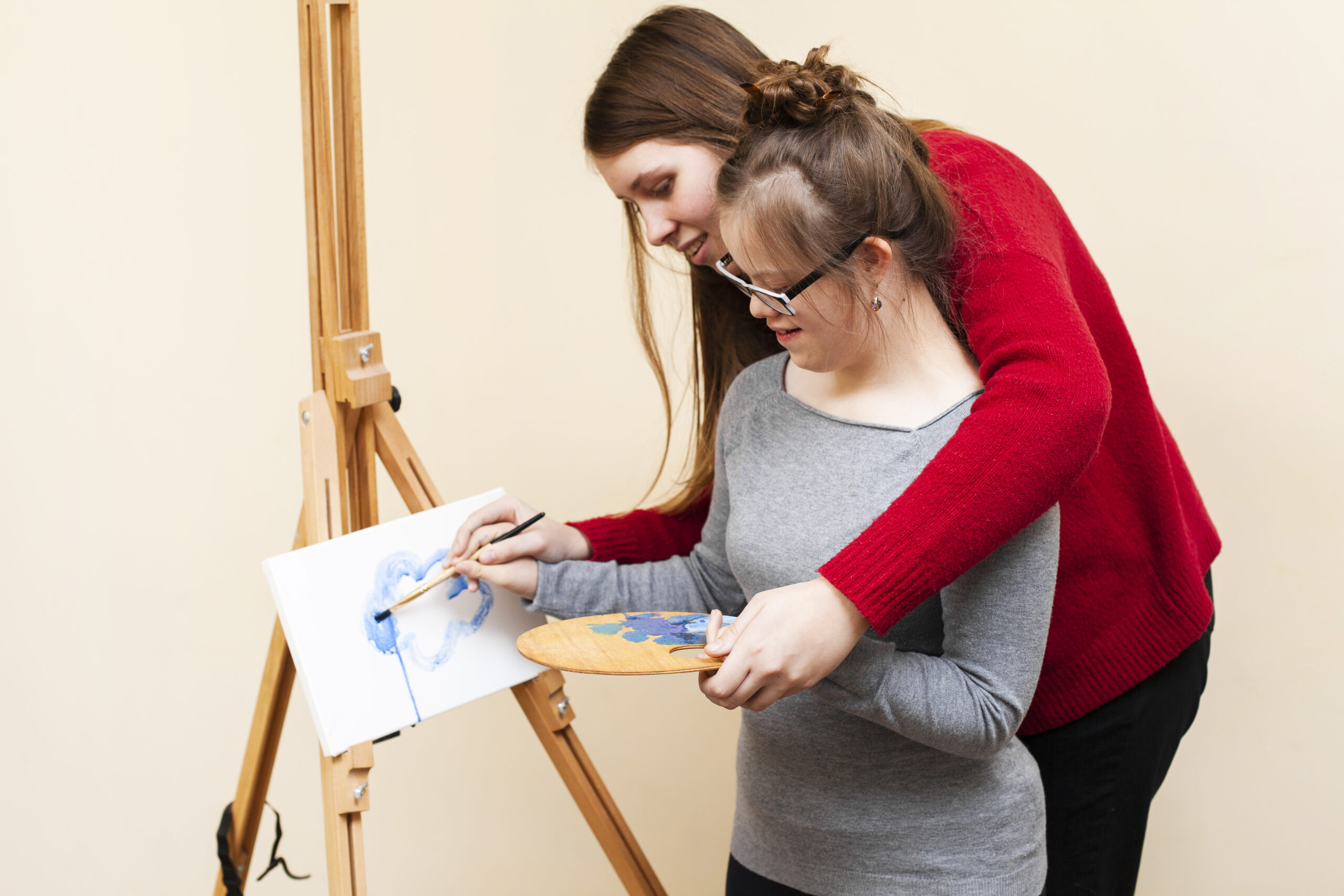
We support our clients to live independently and set up supports in the way that best suits you

We aim to provide e a positive respite care experience, both for the carer and the person being cared for.

We provide compassionate care & support services to NDIS participants in Queensland.
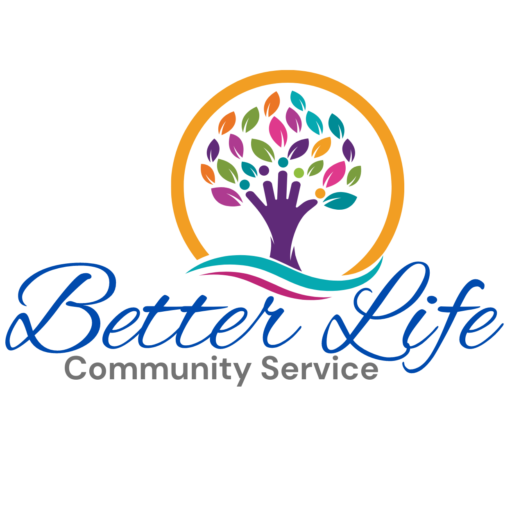
© 2022 Better Life Community Service | Designed by UCSB.tech